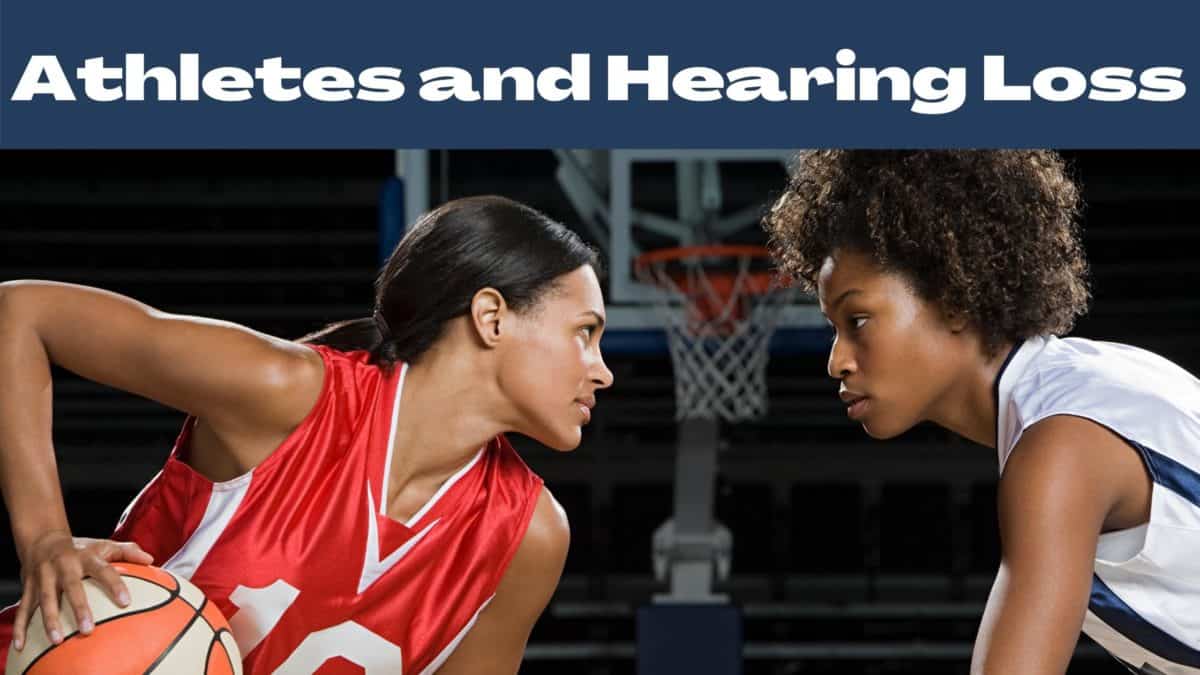- Why You Shouldn’t Do Anything With Your Earwax - April 22, 2024
- Travel Tips for People with Cochlear Implants - April 7, 2024
- How To Have A Great Conversation With People With Hearing Loss - March 22, 2024
Lately, when we watch live sports on TV, there is something noticeably missing. The stands are empty and the fans are at home, watching from the comfort of their own homes. One thing that the athletes in the stadium might notice: a very clear difference in sound level.
Remember when we attended live sporting events? The ability to see what’s happening is often much better on a television screen than in a stadium, depending on the quality of your seats. Hearing a sportscaster give the play-by-play can provide additional analysis that helps you understand the context, stats of players, and other possible plays. Watching a game on television also enables you to take a quick break during a commercial without missing a beat.
So, what is it about buying a ticket to the stadium for a sporting event that makes it worth the expense? For many sports fans, the answer has to do with the social environment. When you are in the presence of sporting greats, there’s a special energy and excitement you feel that just doesn’t translate to the television screen. Being in the presence of other enthusiastic fans also makes you feel part of a group of like-minded people, contributing to your own feelings of elation and devastation.
Indeed, the sound of a roaring crowd is part of what makes a stadium event so much fun, but it comes at a cost. The risk of hearing loss among those involved in the sporting complex has recently hit the news, particularly with reports by professional football players such as Terry Hanratty of the Pittsburgh Steelers and Reed Doughty at Washington. Both of these players incurred noise-related hearing loss from their years of play, and their accounts should encourage us to reconsider the necessity of hearing protection at sporting events.
Who is Affected by Stadium Noise?
Only the luckiest fans are able to attend multiple sporting events in a season for their favorite teams. The expense, time, and schedule all prevent us from fully devoting our lives to these teams. In some cases, a single sporting event can be sufficient to risk hearing damage.
Although sports such as professional football ostensibly measure and prevent noise exposure at the extreme, seldom do they actually stall or cancel a game to wait for fans to lower their voices. With such loud sound, even a fan who attends a single game can be at risk. However, those who are employed by professional football franchises are at much greater risk, indeed.
The players are at the center of the action, and some rely on verbal cues to understand the gameplay, making it difficult to proceed with earplugs in place. In addition to the players, the vast network of support staff in the stadium can be at equal risk, and they might be exposed to even worse noise in terms of proximity to fans, resonance effects in certain parts of the stadium, and the duration of shifts. Those who are employed full-time in food service, merchandise, and maintenance of the stadium during games are exposed to risky noise levels at each event. When they need to be able to communicate with customers, they are often put in a position to remove hearing protection in order to do their jobs.
How to Prevent Noise-Induced Hearing Loss
With a perfect storm of screaming fans and the necessity to communicate, what can be done to prevent noise-induced hearing loss in sporting settings? Enforcing noise thresholds on the part of the organization is one way to approach the problem. Teams who are known to have particularly loud fans can take a stand on the basis of employee and player safety, and few would want to jeopardize the wellbeing of their revered heroes.
Another approach is to make it possible for employees to wear hearing protection. Players can wear noise-cancelling earmuffs that also connect with mics to other players. In this way they can still communicate with others while protecting themselves from the deafening sound.
Pro athlete or not, it’s also important for us to pay attention to hearing! Contact us today to learn more about healthy hearing practices and to schedule your annual hearing test.

